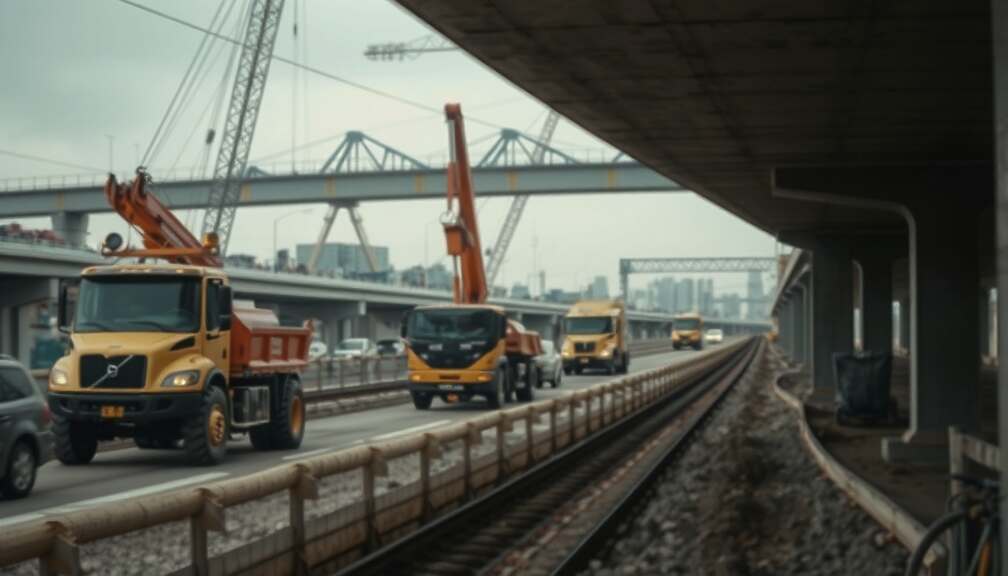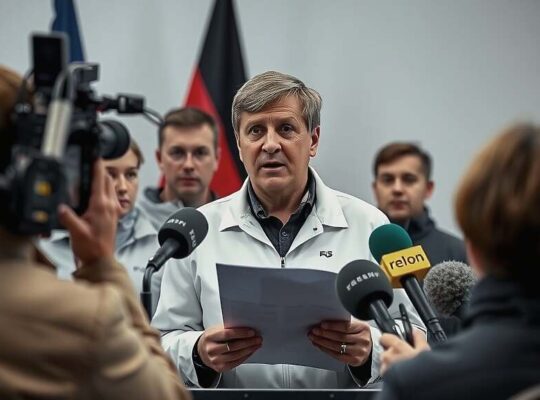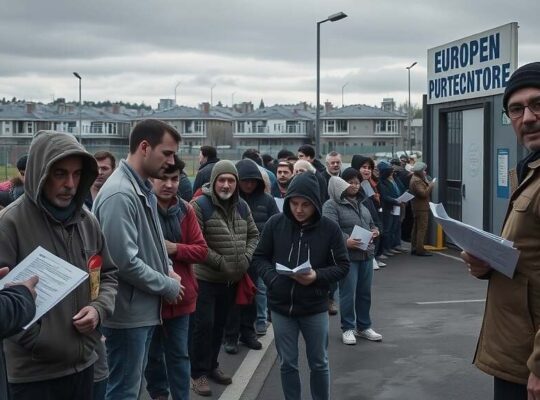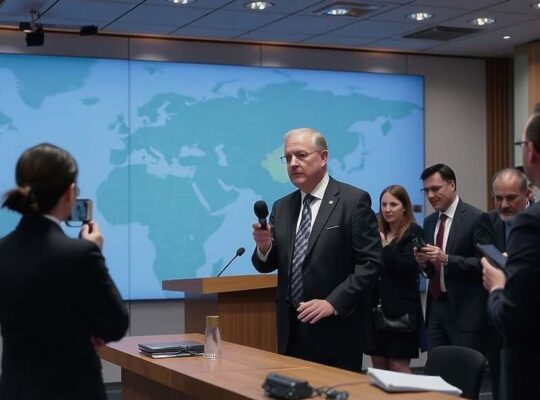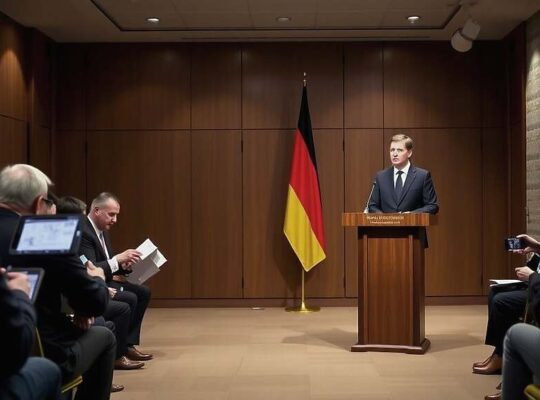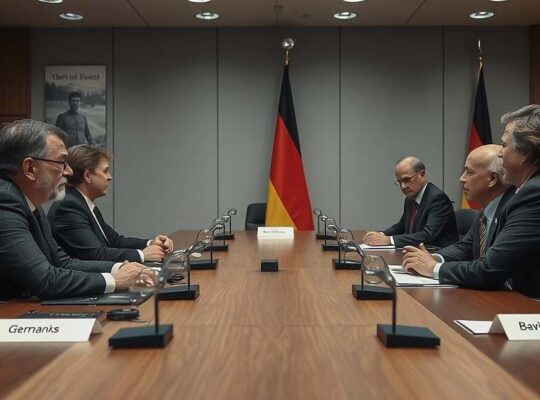Infrastructure Investment Secured Amidst Political Compromise and Rising Concerns
Berlin – Germany’s governing coalition, comprised of the Christian Democratic Union (CDU) and Social Democrats (SPD), announced Thursday an agreement to secure the financial backing for ongoing and planned transportation infrastructure projects. The consensus, reached after protracted negotiations, aims to ensure the continuation of critical investments while navigating budgetary constraints and growing public scrutiny of large-scale infrastructure spending.
Chancellor Friedrich Merz, in a joint statement with coalition leaders, emphasized a commitment to “exhausting all funding possibilities” to guarantee the viability of existing projects. The announcement effectively puts an end to immediate concerns about potential delays or cancellations stemming from recent economic headwinds.
However, the agreement reveals a significant compromise. Transport Minister Patrick Schnieder (CDU) had initially demanded a substantial €15 billion to fund new road construction. The coalition ultimately settled on an additional €3 billion, a figure significantly lower than Schnieder’s request. Merz indicated a reassessment of the funding levels will occur in two years’ time.
This scaled-back allocation has already drawn criticism from within Schnieder’s own party, with some CDU members expressing reservations about the potential impact on much-needed infrastructure upgrades. Critics argue that the reduced funding may force the ministry to prioritize certain projects over others, potentially exacerbating existing bottlenecks and hampering regional development.
The decision also highlights a broader political debate regarding the emphasis on road construction. While proponents argue that improved infrastructure is vital for economic growth and competitiveness, environmental groups and segments of the SPD have increasingly questioned the sustainability and necessity of large-scale roadbuilding projects, urging a greater focus on rail expansion, public transport and cycling infrastructure.
The two-year review period, as stipulated by Merz, will be crucial. It represents both an opportunity to evaluate the effectiveness of the allocated funds and a potential pressure point if the initial €3 billion proves insufficient to meet the transport ministry’s objectives. The coming years will likely see intensified discussions concerning Germany’s infrastructure priorities and the balance between economic development and environmental sustainability.


